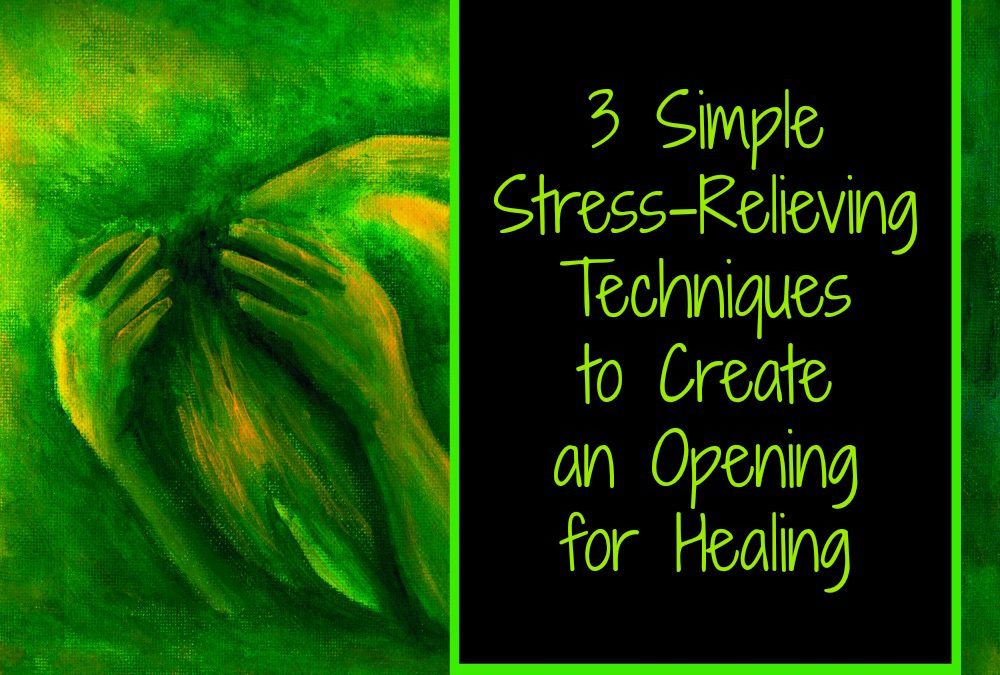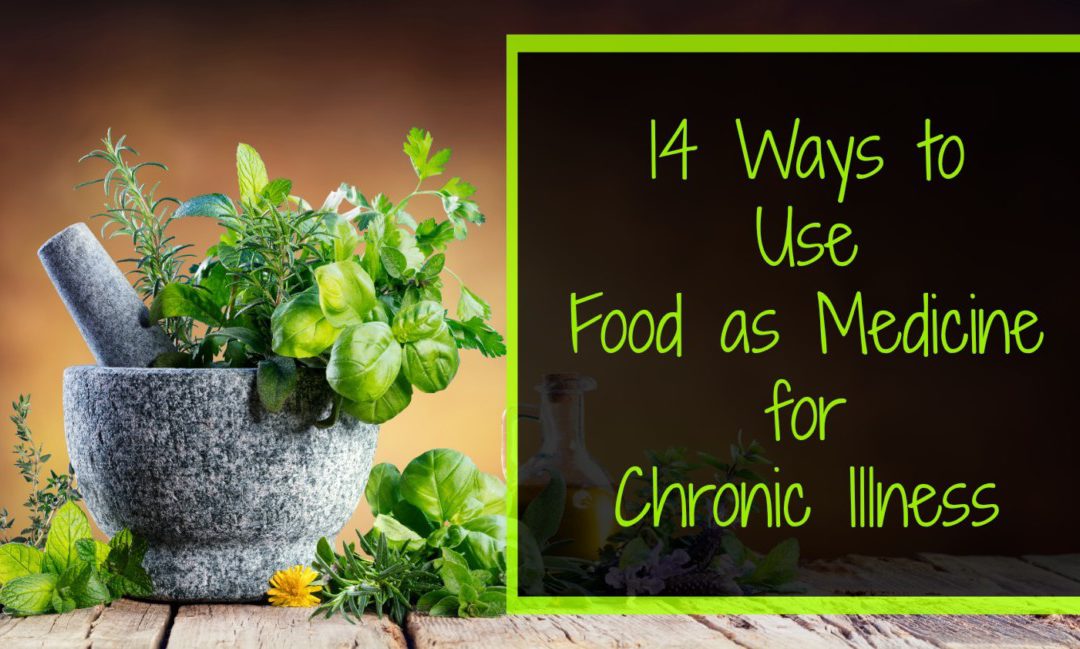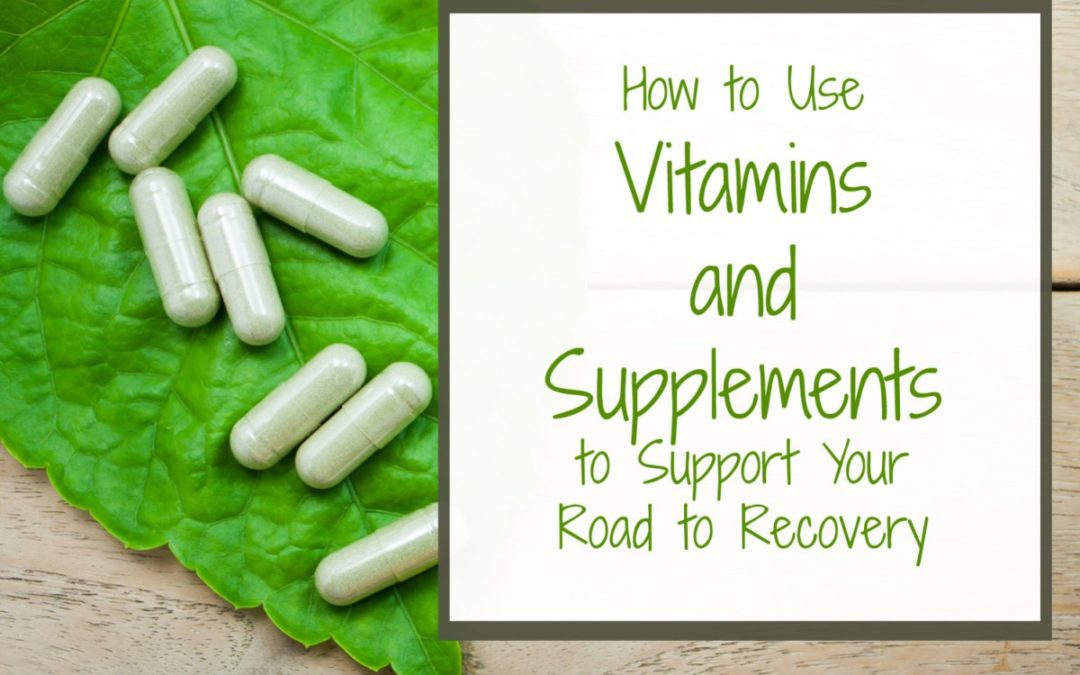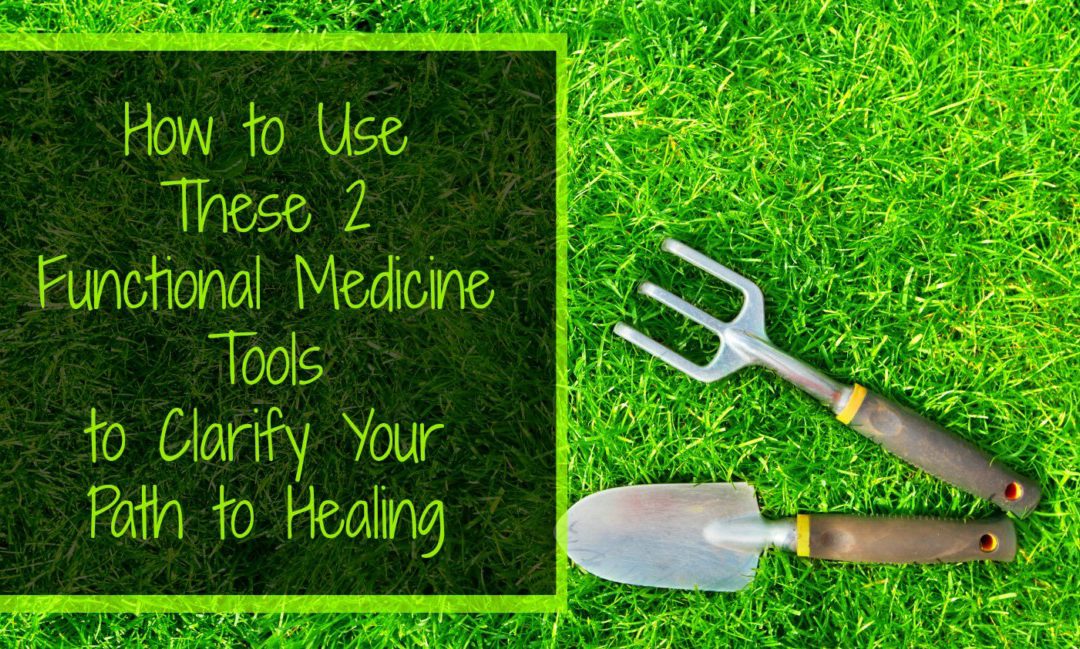
3 Simple Stress-Relieving Techniques to Create the Opening for Healing
Stress has become a fact of life for most of us.
Maybe you can relate to the following stress story:
One morning recently, I woke up just a little late. My son (who is 7) wanted help getting dressed, and my daughter asked if I could help her with an online order before school.
Once I got my son dressed, I made everyone breakfast, and then collected my son’s water bottle and soccer gear, and made sure he had his weekly homework assignment. Because he’s gluten-free (and also quite picky), I made his lunch. My kids argued with each other over breakfast, which got my blood pressure pumping.
I sent them both off to school, and worked on organizing a meeting I was hosting. The caterer fell through at the 11th hour. Shortly after, I realized that there was an open house at school that evening, during the hour when I normally cook dinner, but 30 minutes after soccer practice ended. My husband was unavailable to cover for me.
By mid-day, I was feeling amped and stressed, and I could hardly focus. My stomach hurt, and I was developing a headache. I was angry at everything.
Maybe this scenario, of overlapping and constant daily stress, plays out with similar events in your life?
But if you’re dealing with an ongoing health challenge, this ongoing stress experience can really impede your progress. Without some kind of method to reduce and calm this stress, you will continue to live in a “fight or flight” state, and spin your wheels.
I say this about a lot of things, but dealing with your stress level is a non-negotiable. By this, I mean that you must actively work to reduce your stress levels regularly, so your body can be PHYSICALLY able to work on repair and healing.
What Stress Does to Your Body
One of the major things that happens when you are under stress is that your brain tells your adrenal glands to produce cortisol and adrenaline. Your body is designed for this.
Your body is designed to respond this way when you are confronted with a threat on your life: a wild animal, a threatening human, a near-accident, a major injury.
When your body makes the surge of cortisol (and adrenaline), your liver mobilizes a store of sugar, so you can physically have the energy to respond to the crisis. You are meant to experience this stress, and then literally either run or shake off the excess energy. This is why when you get really scared, you can’t control yourself from shaking.
But every day in your modern life, you experience many small stresses throughout your day: you double booked your mid-morning hour. You have a pressing deadline at work. Your kid comes down with a cold and stays home, keeping you home from work. There was traffic on your commute. You have a fight with your spouse. Your house is a mess. You have a chronic health condition. Your neighbor is making too much noise. Sometimes it’s all of these in one morning.
Though each of these obviously isn’t a major life-threatening emergency, your body doesn’t know the difference. Your body thinks this stress is a major threat, and it releases cortisol and adrenaline.
It’s reasonable and normal for this to happen every once in a while. But we are experiencing this tens or hundreds of times per day. AND, on the whole, we’re less active, and not discharging all that mobilized energy.
Over time, this continuous stress response can decrease your ability mobilize it. Your adrenal glands get tired! At this point, when your reserve has been worn down, you become less able to mobilize your cortisol.
Without enough cortisol, you feel TIRED. Groggy. But this is just the tip of the iceberg. You also get sick more often. You have new aches and pains. You begin to develop all kinds of symptoms, everything from insomnia, to hormone trouble, weight gain, muscle loss, blood sugar problems, and more.
When you exist in a constant fight or flight stress response, many important body functions shut down.
Brain function declines, immune function gets worse, cell repair doesn’t happen, digestion slows or shuts down, libido decreases, and at the cellular level, your body elevates your blood sugar, leading to chronic inflammation.
In a lot of ways, imbalances with your cortisol stress response can be linked to just about ANY physical sign or symptom. So let’s talk about how you can calm down your stress response, so you can start creating the possibility of healing.
Stress Management is a Non-Negotiable Health Foundation
With all these high stakes, reducing stress is an important foundational health practice.
The 2nd Step of my Roadmap to Recovery (you can grab your copy here) is to Create A Solid Health Foundation. Diving into crazy testing and aiming for the root cause right off the bat is putting the cart before the horse. If your stress is through the roof, no amount of testing, supplements, or food changes are going to fix your health challenge.
So what do you do about it?
It’s true that you can’t always get away from stress. If you are a parent like me, your kids will demand a lot from you. If you work, your job will be stressful. No matter your life situation, you likely experience moments you wish you could forget.
But you CAN work to rearrange some aspects of this. Zooming out from ground zero, you can work to invent creative solutions to handle the stress ahead of time. You can improve your kids’ self-sufficiency by teaching them. You can work on pre-emptively planning things at work to improve your flow.
And you can also work on managing your physiological response to stress. The most common way to get there is by inviting a meditation or mindfulness practice of some kind.
It may feel a little cliché to think about meditation, but it really and truly does WORK. And even if “meditation” makes you think of annoyingly poised people wearing white and sitting on a cushion, and you can’t imagine yourself doing it, you are likely already doing it. It just may look different.
This is what I like to suggest: find something that you absolutely LOVE. What is it for you? Surfing? Walking by a river or lake? Being with someone special? Listening to music? Reading your favorite author or magazine? Eating out? Going to plays? Making love with your partner? A hobby, like knitting? What feeds your soul and makes your heart sing?
TIP #1: If “meditation” as we imagine it doesn’t do it for you, pick that thing you do where HOURS can slip by, and you don’t know what happened. Do this.
And do it regularly. Daily if you can.
What I find really makes the difference is disrupting your brain from the “nothing is going right” thinking pattern. It’s inviting a state of being where you are in the moment. It’s that space where hours can fly by, and you didn’t even notice.
Stress and Digestion
I mentioned earlier that the stress response slows or stops digestion. It’s difficult to properly digest your food and provide your body with the nutrition it needs when digestion is slowed or stopped.
The best way to invite good digestion is to focus on chewing your food well and breathing while you eat! It’s remarkable how relaxing this simple technique is for lowering your stress level.
TIP #2: This may take a little bit of practice, but here’s how to eat for stress relief and good digestion:
- Choose a place to sit down to eat. Don’t eat standing, on the run, or in your car. Outdoors is best, especially if you work indoors.
- Remove all distractions: put away your phone, your iPad, reading, everything. Focus on EATING and nothing else.
- When you sit down, take a deep breath, and make a statement of gratitude for your food. For example, “Thank you for this delicious, nourishing food.”
- Think about eating your food. Smell it, and look at it, and think of how good it’s going to taste. This should encourage salivation and your enzymes, which will improve your digestion.
- Dive in to eating. Take a bite, set your fork down, and thoroughly chew, allowing your food to mix with your saliva. Aim for 20-40 chews per bite. Really experience the flavors!
- Each time your mind begins to wander to other things, return your attention to your food. If you remember something important you need to do, keep some paper handy to write it down. You can deal with it after your meal!
I promise that eating in this fashion will feel great, restore your peace of mind, AND improve your digestion. I like to think of these moments as a mini-vacation. We don’t need to go to Hawaii or the Bahamas to experience rest and relaxation, we only need to bring our awareness home.
Remove Hidden Sources of Stress: Toxins
When I use the term “hidden stressors”, I’m often referring to underlying infections that may have been left unaddressed. But there are other kinds of hidden stressors that are important to be aware of.
One that you can work on in your own life is electronic pollution, from EMFs, wifi, and cellular radiation. Reducing exposure to these stress sources as you are able helps your body cope better with the other stress it’s dealing with.
TIP #3: Try these tips to reduce your hidden toxin sources:
- Turn your cell phone off, or to airplane mode at bedtime.
- Unplug any electronics with power packs in your bedroom.
- Turn off wifi routers while not in use, and overnight. If possible, use a cord to connect to the internet.
- Use headphones on your cell phone or cordless phone, instead of holding the phone to your ear.
Another hidden stressor is chemicals in cleaning products, hygiene products, and housewares, like pots and pans, furniture, and carpet. They can be present in your soaps, detergents, air fresheners, cleaners, shampoo, toothpastes, deodorants, and more.
An easy way to reduce the burden on your body is to replace these with non-toxic formulas as you are able, or to make informed choices when buying new furniture or housewares. See the Environmental Working Group’s consumer reports for more information.
Conclusion
It may seem like stress is insurmountable, but with some dedicated intention, you can get it under control, and create the conditions your body needs to heal.
Though it can be tempting to get excited about the next best thing when it comes to fixing your health challenges, focusing on foundations is essential, and sets you up for success. You need to take a serious look at your stress, and create new approaches to reducing stress in your life and on your body.
If I didn’t mention your preferred stress reduction method, please leave a comment and share it below!
To find out about the other essential health foundations you need to allow your body to heal, and the 7 steps to get to your personal remission or long-term management plan, get your copy of Roadmap to Recovery here.
Or, if you need support identifying your underlying stressors that are contributing to your symptoms, so you can make a plan, I invite you to meet with me for a 30-minute Assessment Session. Here, I can help clarify where you are on YOUR Road to Recovery, and provide guidance about your next steps.



